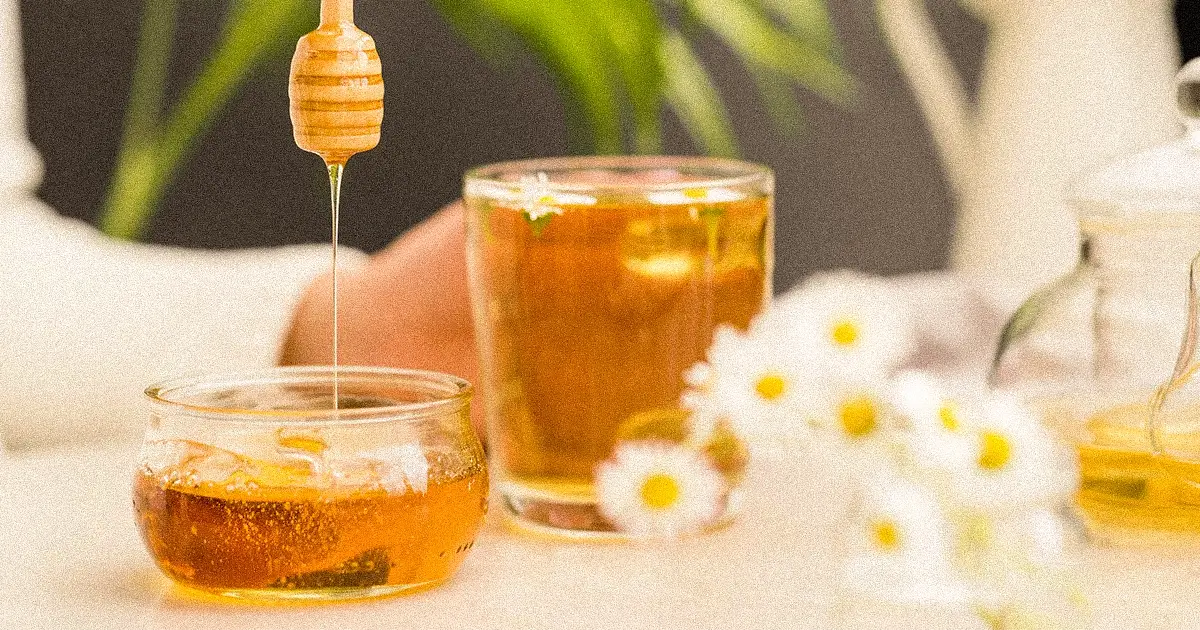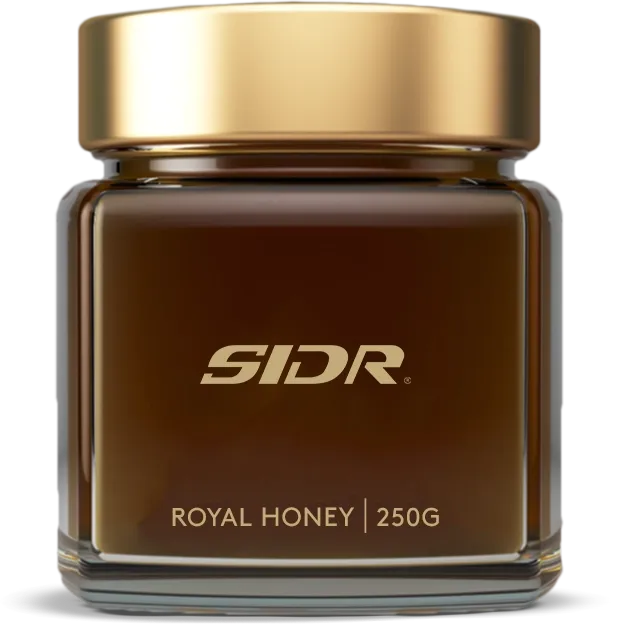The History of Honey
Honey, with its golden hue and irresistible sweetness, has been intertwined with human history for millennia. Its journey from wild bee colonies to kitchen pantries is a testament to the ingenuity and resourcefulness of our ancestors.
In this exploration, we delve into the captivating history of honey, tracing its origins, evolution, and enduring significance in shaping human civilization.
Origins of Honey
The history of Raw Honey dates back thousands of years, long before recorded history. Our earliest ancestors, foragers in the wild, likely encountered honey while gathering fruits and nuts. Primitive humans would have stumbled upon honeycombs in hollow trees or rocky crevices, drawn to the buzzing of bees and the promise of nature's sweet nectar.
Archaeological evidence suggests that humans began harvesting honey as early as 8,000 years ago. Ancient cave paintings depict scenes of honey collection, providing a glimpse into the practices of early hunter-gatherer societies.
These prehistoric people used simple tools such as baskets and pottery vessels to gather and store honey, laying the foundation for future agricultural practices.
Cultural Significance
As humanity transitioned from nomadic lifestyles to settled agricultural communities, the cultivation of honey became more sophisticated. Early civilizations revered honey for its medicinal properties, using it to treat ailments ranging from wounds to respiratory infections.
In ancient Egypt, Raw Honey held sacred status, symbolizing fertility, rejuvenation, and the afterlife. Raw Honey was also offered to the gods in religious rituals and used as a preservative for food and beverages.
In Greece and Rome, honey featured prominently in mythology and folklore, associated with deities such as Zeus, Hera, and Apollo. The Greek poet Homer famously described honey as "the nectar of the gods," highlighting its divine essence.
Raw Honey was prized not only for its flavor but also for its symbolic significance in cultural rites and ceremonies.
The Rise of Apiculture
The domestication of bees, known as apiculture, marked a significant milestone in the history of honey production. Ancient civilizations, including the Egyptians, Greeks, and Romans, developed rudimentary beekeeping techniques to manage beehives and maximize honey production.
These early beekeepers constructed hives from materials such as clay, straw, and hollow logs, providing shelter for their buzzing companions.
One of the most notable advancements in apiculture occurred in ancient Greece, where philosopher-scientists such as Aristotle and Democritus studied the behavior of bees and documented their observations. Their writings laid the groundwork for understanding bee biology and hive management, influencing subsequent generations of beekeepers.
Medieval Honey Trade
During the Middle Ages, Raw Honey became a valuable commodity traded across vast regions of Europe and the Middle East. Monasteries played a crucial role in Raw Honey production, maintaining beehives within their cloistered walls and producing honey for consumption and trade.
The demand for honey spurred the establishment of trade routes connecting distant regions, facilitating the exchange of goods and ideas. Honey merchants traversed perilous roads and navigated treacherous seas to satisfy the cravings of nobles and commoners alike.
The medieval Raw Honey trade enriched economies, fostered cultural exchange, and fueled the expansion of empires.
Modern Beekeeping Practices
In the modern era, beekeeping has evolved into a sophisticated industry, with techniques and technologies aimed at enhancing honey production and hive health.
Commercial beekeepers utilize hive management practices such as queen rearing, disease control, and hive migration to maintain thriving bee colonies.
However, modern beekeeping faces unprecedented challenges, including habitat loss, pesticide exposure, and the spread of bee diseases. The decline in bee populations, known as colony collapse disorder, poses a threat to global food security, as bees play a vital role in pollinating crops essential for human nutrition.
The Bottom Line
The history of Raw Honey is a testament to the enduring relationship between humanity and nature. From ancient foragers to modern beekeepers, humans have relied on honey for sustenance, medicine, and cultural expression.
As we continue to navigate the complexities of the modern world, let us cherish and protect the precious gift of Raw Honey, honoring its rich legacy and ensuring its legacy for future generations.
Disclaimer
You should always consult with your physician or other health care professional before taking any nutritional, herbal remedies or adopting any health advice, whether offered on the Site or otherwise.














